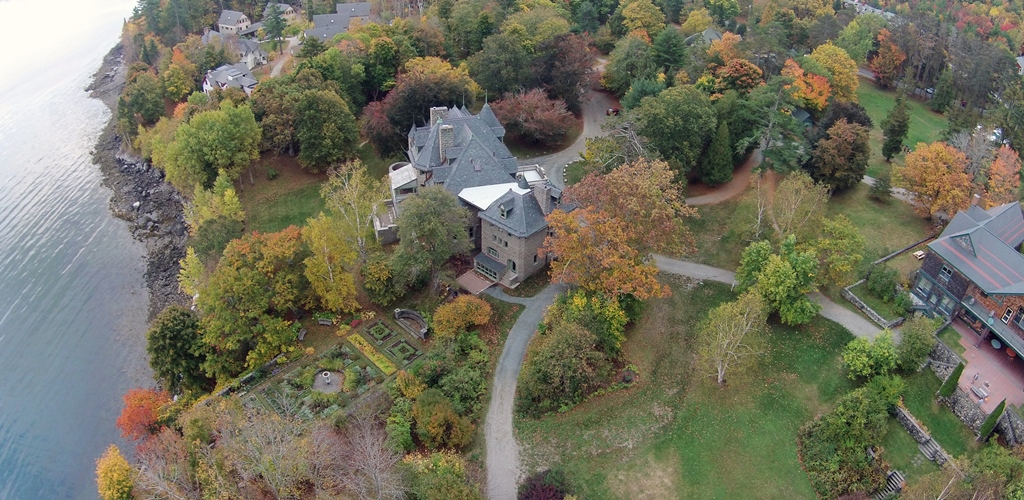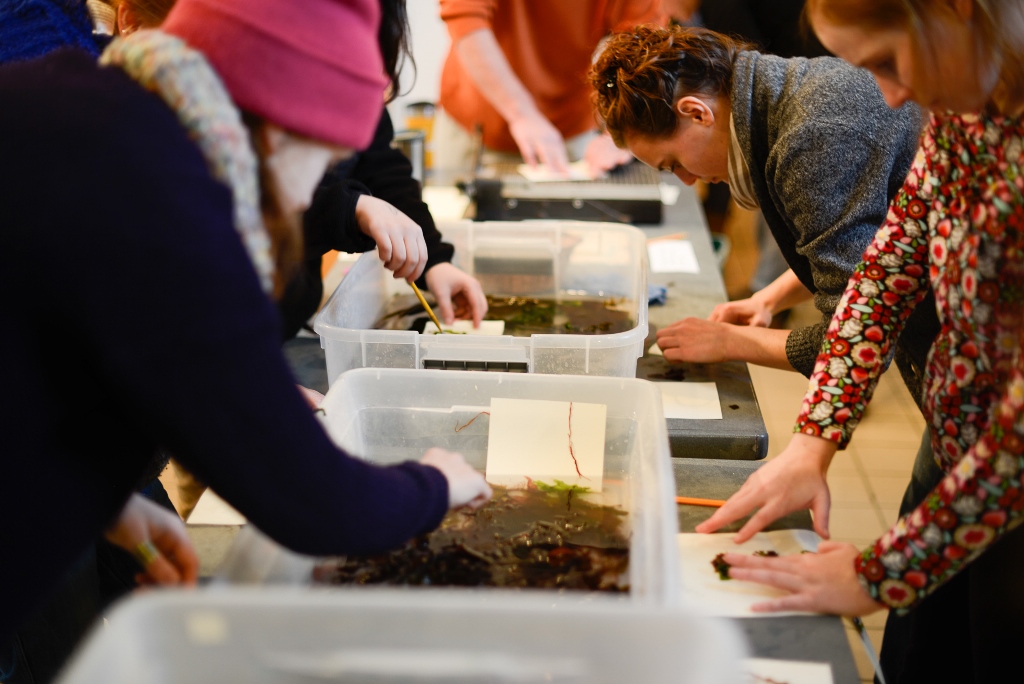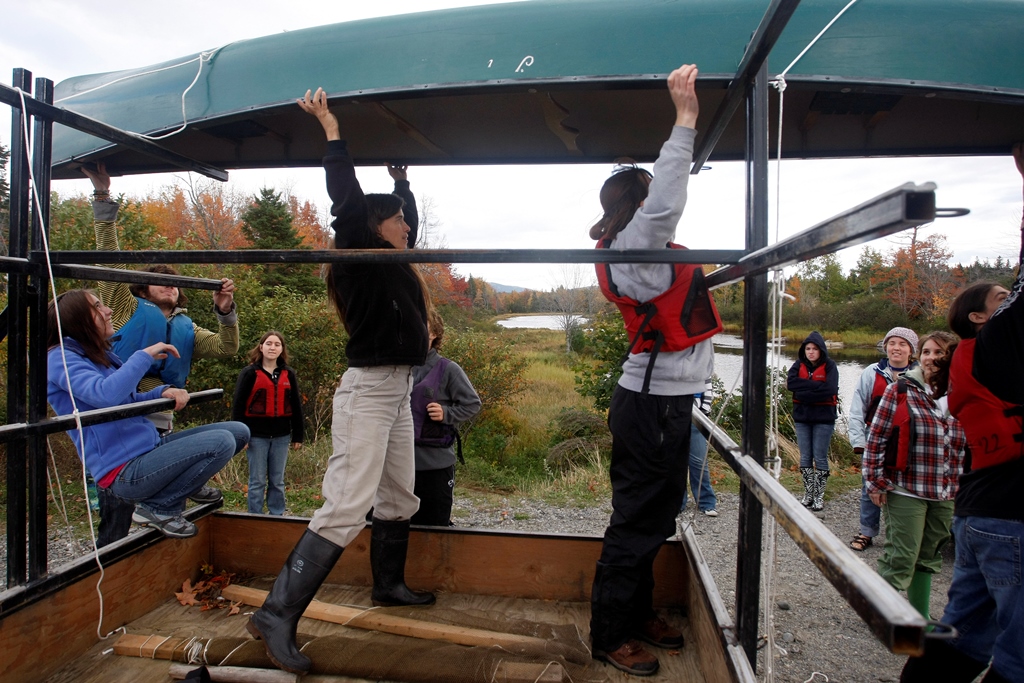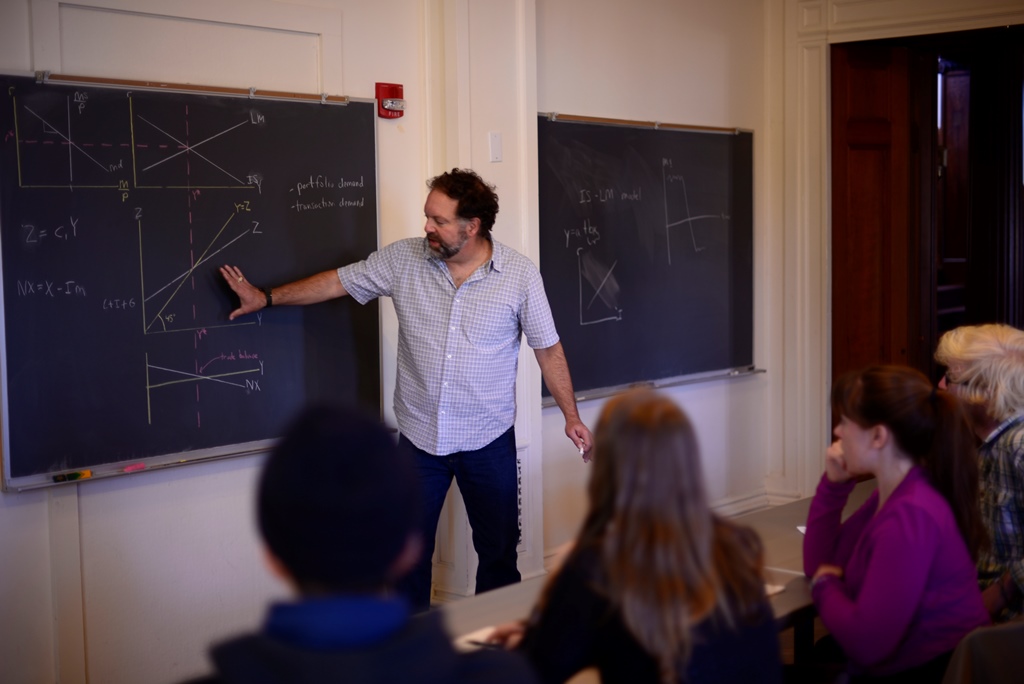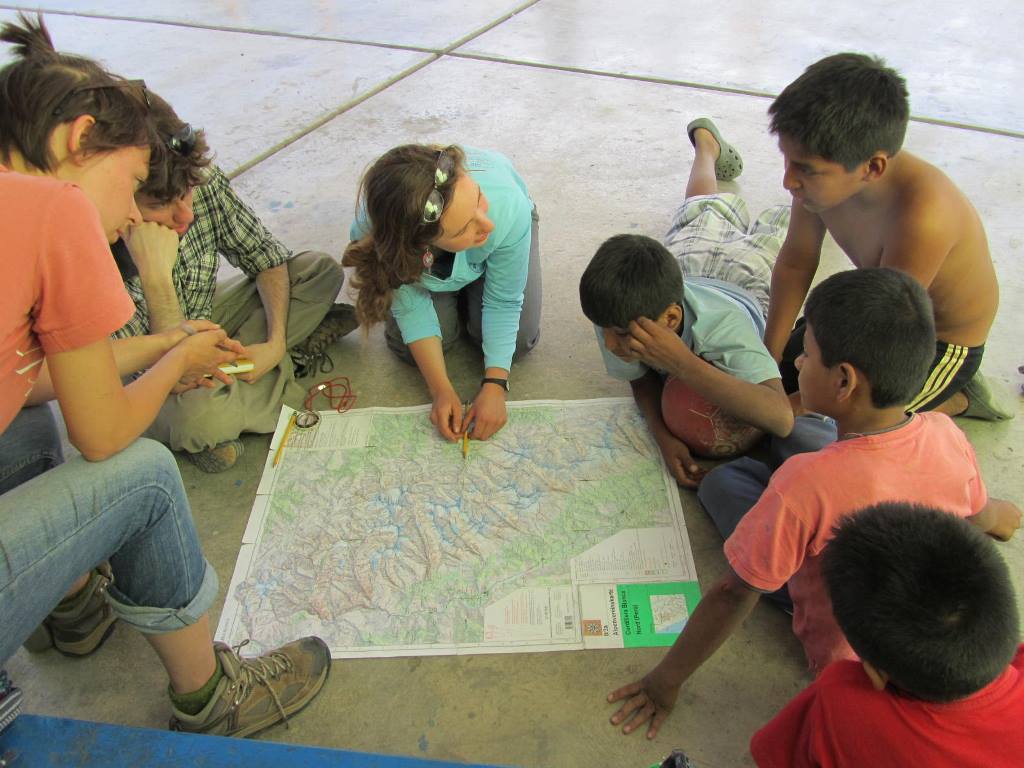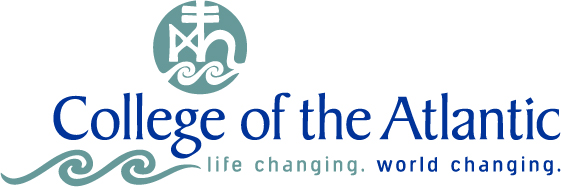
College of the Atlantic
College of the Atlantic (COA) is a four-year liberal arts college located on a 38-acre campus in the small coastal town of Bar Harbor, Maine on Mount Desert Island. The oceanfront campus is tucked between the Atlantic Ocean on one side and the mountains and trails of Acadia National Park just down the road on the other. The college includes two organic teaching farms and two remote island research stations. Chartered in 1969 by a group of local community members and educators, it has chosen to remain small with approximately 350 students from 36 countries and 43 states. The diverse student body is matched by 35 faculty members who encourage interdisciplinary problem solving and an ever-evolving curriculum that adapts to students’ interests and the changing world.
COA students craft their own interdisciplinary program of study to receive a Bachelor of Arts or a Master of Philosophy in Human Ecology. A human ecological perspective integrates knowledge from all academic disciplines and from personal experience to investigate the relationships between humans and our social and natural communities. This perspective guides all aspects of education, research, activism and interactions among the college’s students, faculty, staff and trustees.
All COA students put together a constellation of courses and area of focus that is unique to their interests. Common themes include marine studies, sustainable agriculture and food systems, environmental law and policy, fine arts, ecological planning, sustainable business and entrepreneurship, ecology and natural history, graphic design, conservation biology, film and animation, literature and writing, education and international environmental diplomacy. At COA, students are encouraged to explore their passions and are challenged to think in new ways.
Why EcoLeague? “Everyone and their brother these days is or claims to be a ‘green school.’ That’s not what the EcoLeague is about, in my eyes. Anyone can build an efficient building or hang signs asking people to recycle. In the EcoLeague, you have a very special cohort of schools committed to the idea of incorporating ecological thinking into the very fabric of what we do – teaching, learning, and living. That unifying element excites me. But add the diversity of our institutions – in geography, in size, in approach – and you have something extraordinary.” – President Darron Collins, College of the Atlantic
Location
Bar Harbor, Maine
Student/Faculty Ratio
10:1
MAJORS/ AREAS OF STUDY
All students major in Human Ecology, selecting courses from across three academic resource areas –Arts & Design, Environmental Science and Human Studies. Human Ecology is the study of our relationship with our natural, social, and built environments.
ACADEMIC CALENDAR
COA is on a trimester schedule, with 10-week terms in fall, winter, and spring.
NOTABLE ACTIVITIES IN SUSTAINABILITY
- Recently the college has shifted from buying carbon offsets, instead investing in a student-centered approach where students are directly engaged in sustainability and energy projects that impact the campus and the community
- The Kathryn W. Davis Student Residences – feature a centralized wood pellet boiler burning a renewable fuel, a heat recovery ventilation system, recycled cellulose insulation, a gray water recovery system, compact fluorescent or LED lighting and composting toilets
- Solar panels on many facilities
- Two electric vehicles and solar car charging stations on campus and at the college’s farm
- More than 30% of food is sourced from local, organic, or sustainable sources; all food waste is composted
- Divestment in fossil fuels and tobacco companies
SPECIAL PROGRAMS, FACILITIES & RESEARCH
- On-campus library, GIS lab and art gallery
- Offshore island research stations on Mount Desert Rock and Great Duck Island– provide students with opportunities to participate in ongoing ornithological and marine mammal research projects and conduct their own research
- Dorr Museum of Natural History
- The Hatchery: a sustainable business incubator
- Greenhouse, gardens, two organic farms
- Allied Whale, COA’s marine mammal research group
- The Herbarium, a shared resource between COA and Acadia National Park, allows botanists to observe differences in species with respect to time and geography
